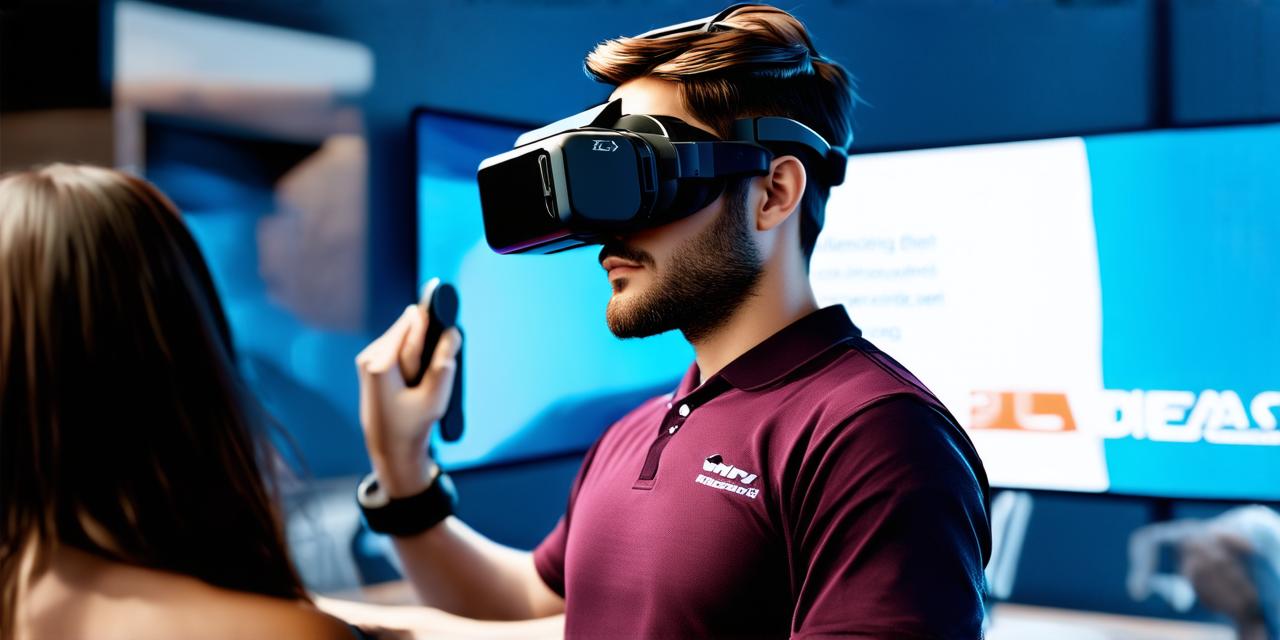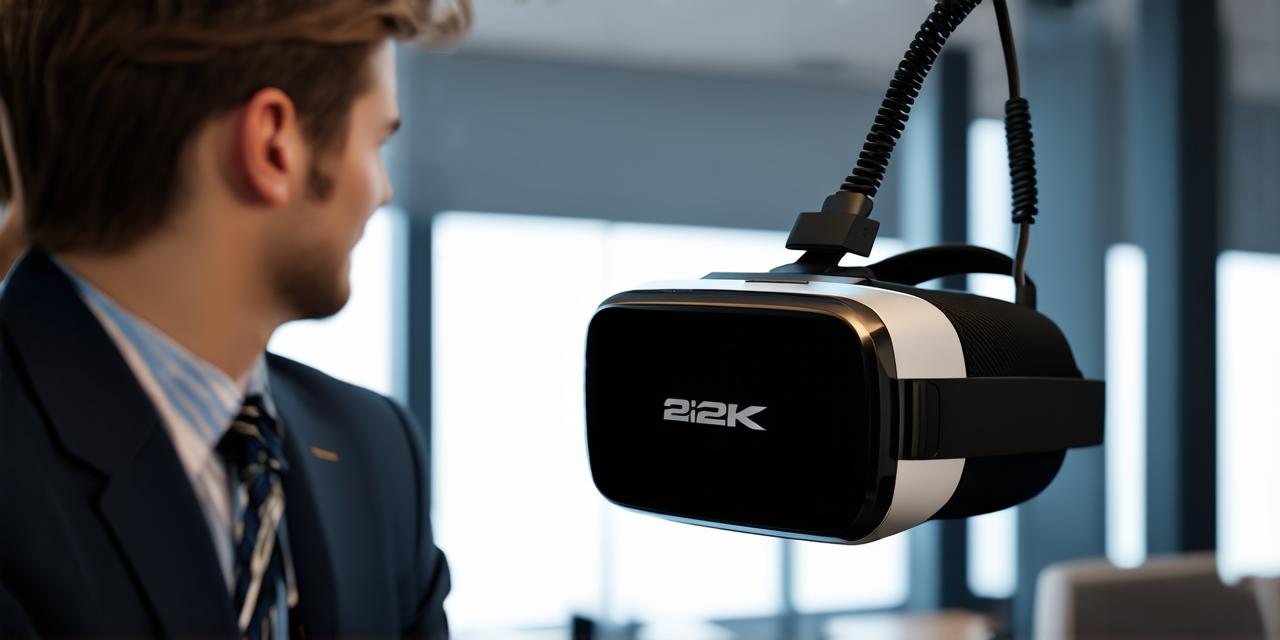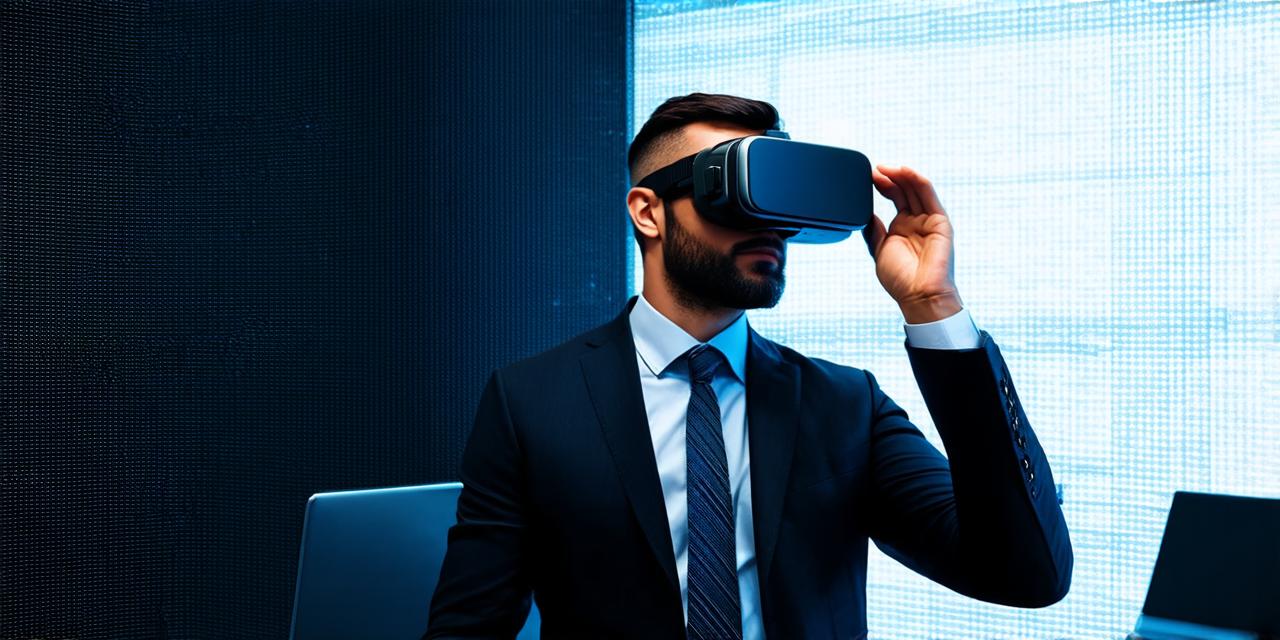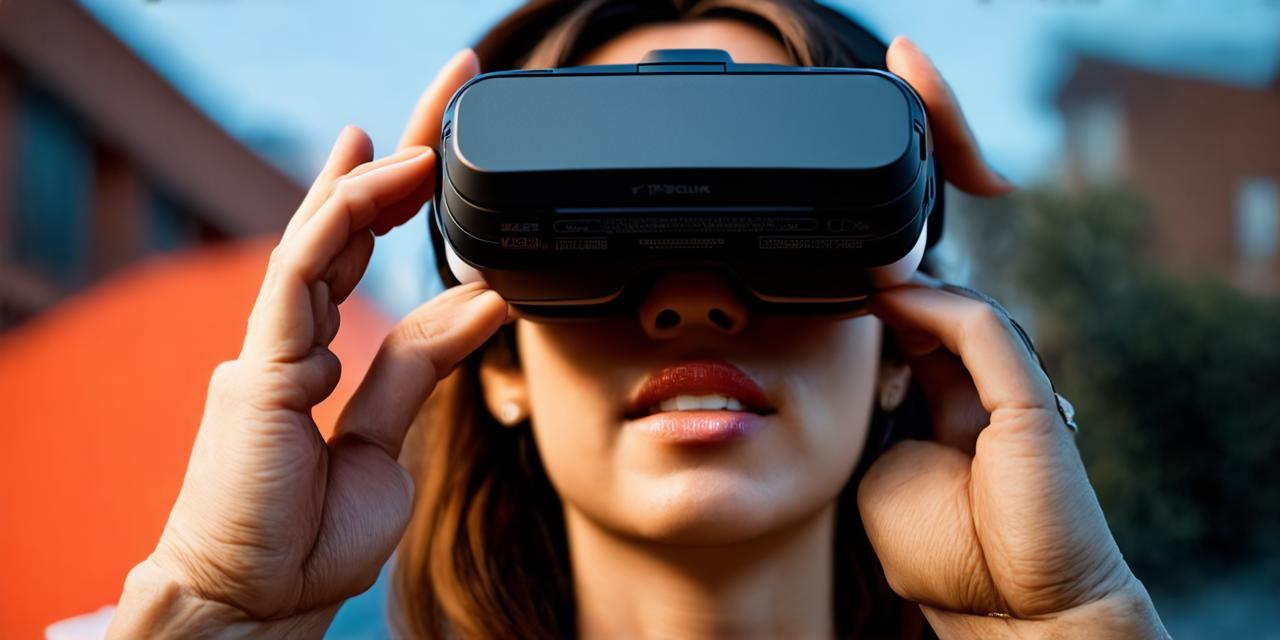Virtual Reality (VR) technology is one of the most exciting developments in modern technology. It has the potential to revolutionize the way we interact with the world around us, creating immersive and interactive environments that can be accessed from anywhere in the world.
VR is not just about creating new experiences; it’s also about enhancing existing ones.
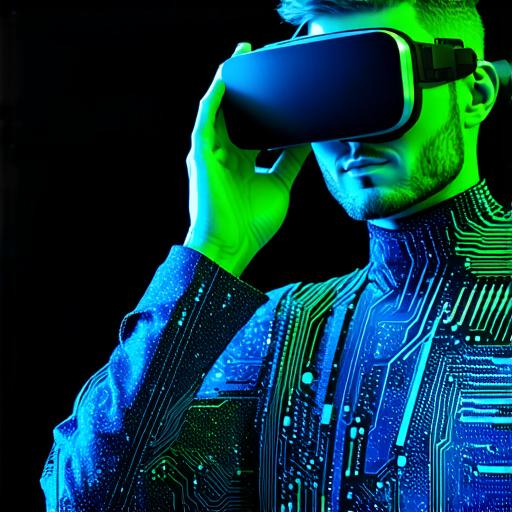
One of the most promising areas for VR is healthcare. By using VR to simulate surgical procedures, doctors can train medical students without risking patient lives. This can lead to better outcomes for patients and reduce the cost of medical training.
In addition, VR can be used to create simulations that help patients manage chronic conditions like depression, anxiety, and PTSD. These simulations can provide a safe and controlled environment for patients to practice coping skills and improve their mental health.
Another area where VR has great potential is in education. With VR, students can take virtual field trips to far-off locations or even into the human body to learn about anatomy and physiology. This can provide a more immersive and engaging learning experience for students, making it easier for them to understand complex concepts.
In the entertainment industry, VR can be used to create immersive gaming experiences that allow players to interact with a virtual world in ways they never could before. These games can be more realistic and engaging than traditional games, providing a new level of immersion for players. In addition, VR can be used to create more immersive movie experiences that allow viewers to feel like they’re a part of the action. This can provide a new way for people to experience movies and create a more engaging and interactive form of entertainment.
Of course, there are challenges associated with developing VR content and applications. One of the biggest challenges is creating content that feels natural and intuitive for users. Developers must also consider issues like motion sickness and eye strain, which can occur when users spend long periods in virtual environments. But as technology continues to advance, these challenges will likely become less significant over time.
In conclusion, virtual reality has the potential to transform our daily experiences in countless ways. Whether you’re a doctor, an architect, a game designer, or anyone else, there are opportunities for VR to enhance your work and create new, exciting experiences for users. As an AR developer, it’s important to stay up-to-date with the latest trends and technologies in the field, and to keep an eye on how VR is evolving. With the right tools and expertise, you can help shape the future of virtual reality and make a real impact on people’s lives.

